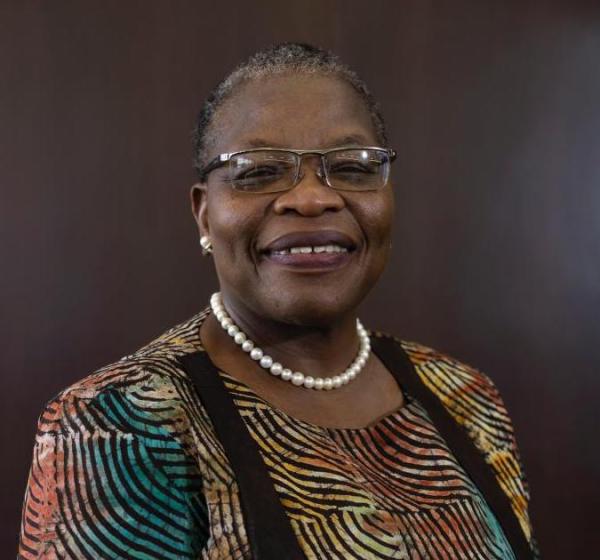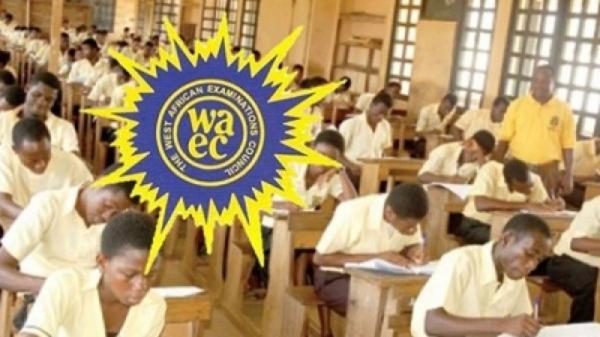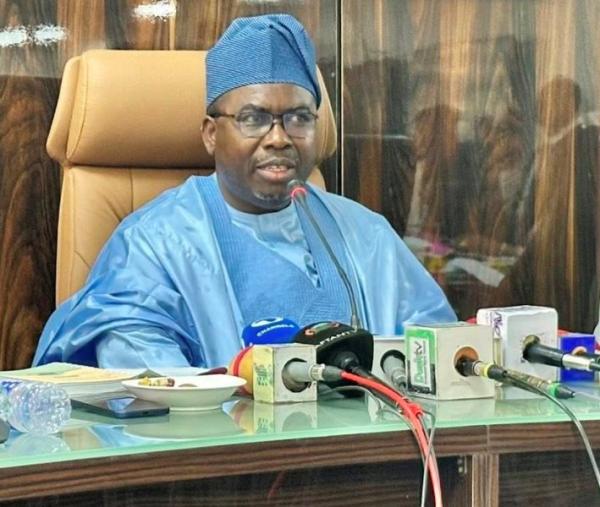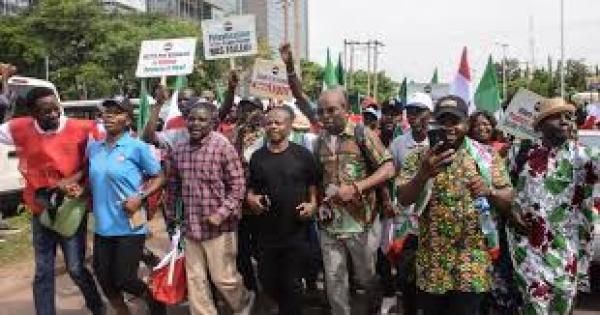
The National Executive Council (NEC) of the Academic Staff Union of Universities (ASUU) has voiced concern over what it termed the Federal Government’s inconsistent stance in ongoing negotiations, cautioning that the situation could have “grievous consequences” for the country’s education sector.
The union’s NEC, which convened from November 8 to 9, 2025, at Taraba State University, Jalingo, assessed the state of discussions with the government’s negotiation team and expressed disappointment over the sluggish pace and apparent lack of commitment shown in the renegotiation process.
In a statement released at the conclusion of the meeting and signed by its president, Prof. Chris Piwuna, ASUU recalled that during its emergency session on October 21, 2025, it had agreed to suspend its cautioning strike in a show of good faith, despite describing the government’s offers as “grossly insufficient.”
The suspension, the union explanation, was a gesture of respect for the overwhelming goodwill shown by students, parents, the Nigeria Labour Congress, NLC, the media, and other Nigerians who had intervened during the strike.
ASUU outlined that the decision to suspend the strike was predicated on the expectation that the government would use the one-month window to meaningfully conclude the renegotiation process.
The Union, however, lamented that progress since then had been unimpressive.
“It is now the responsibility of the government to take advantage of this opportunity to quickly resolve all outstanding issues in order to keep our children in school,” the statement read.
The NEC expressed regret that the government continues to treat education as a commercial venture rather than a social good essential for sustainable national development.
Reviewing developments since the suspension of the strike, the Union rejected the proposed salary increment presented by government negotiators, describing it as “a mere drop in the ocean” incapable of reversing the brain drain syndrome that has plagued the university system for decades.
While admitting modest progress in non-monetary aspects of the talks, ASUU insisted that the salary and conditions of service components remain critical and must be addressed with urgency and sincerity.
The union also criticized what it described as misrepresentation by certain government functionaries regarding the negotiation outcomes and implementation of agreements.
It warned that piecemeal gestures, such as the part payment of promotion arrears dating back to 2017 and the release of third-party deductions, should not be presented as major achievements.
“Government’s objective must not be to win the narrative but to solve the problems,” ASUU stated, warning that the current communication strategy could undermine trust and derail the entire renegotiation process.
The union urged the government to use the remaining days of the one-month window “judiciously” to achieve a holistic resolution that uplifts the welfare of Nigerian academics.
ASUU highlighted that investing in education remains the most effective way to secure the nation’s future. It described as “unacceptable” the stagnant condition of academics and university infrastructure despite significant increases in government revenue.
Citing data from the Federation Accounts Allocation Committee (FAAC), ASUU disclosed that state governments received ₦3.92 trillion in 2022 and ₦5.81 trillion in 2024, representing a 62% increase, while federal allocations rose from ₦3.42 trillion in 2022 to ₦4.65 trillion in 2024, a 70% increase.
“Contrary to the claim of paucity of funds, the figures clearly show that the problem is not economic but political, a lack of will to prioritize education,” the union said.
ASUU therefore renewed its appeal to traditional rulers, labour unions, students, civil society groups, and all well-meaning Nigerians to continue urging the government to act responsibly and grant university lecturers a living wage.
“The surest way to protect the future of our country is to invest in education,” ASUU concluded.






















